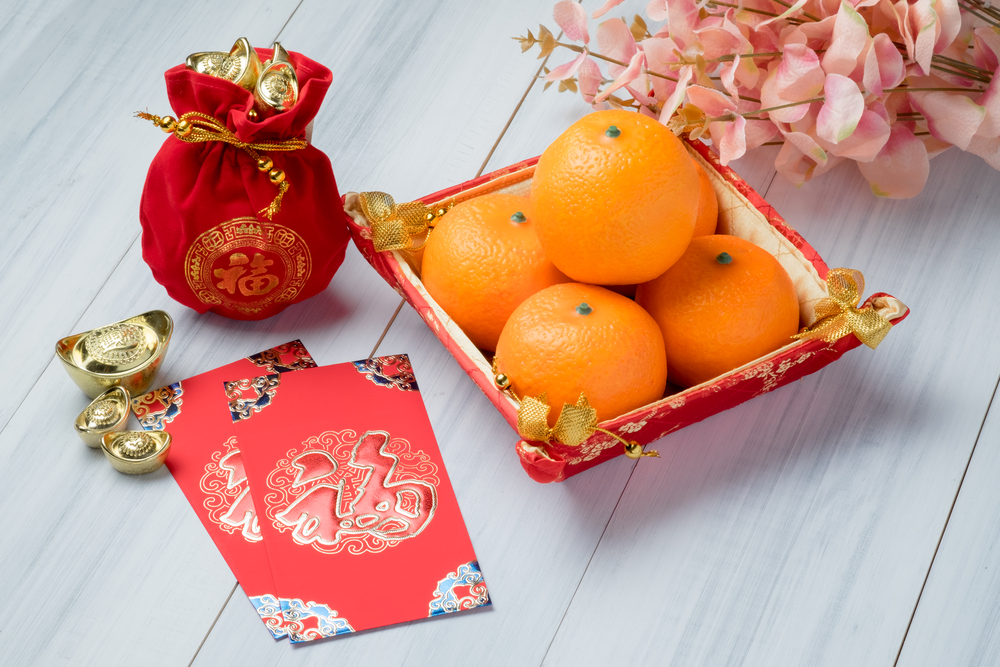
BENGALURU/MUMBAI, Jan 19 (Reuters) – Gold demand in China firmed this week as retailers stocked up ahead of the Chinese New Year while price discounts widened in India, partly on expectations of a reduction in import duty in next month’s budget.
Spot gold prices, up by more than 5 percent in the past month, rose on Friday, helped by a weaker dollar amid worries about a possible U.S. government shutdown, but remained on course for a first weekly drop in six weeks.
“Demand has actually increased on the physical side, mainly because there has been some pull-back in prices this week,” said Brian Lan at Singapore dealer GoldSilver Central, noting that there had also been some safe-haven buying.
“We see businesses buying quite a bit because I think they are preparing inventories for the Chinese New Year,” he added.
Gold was being sold at a premium of about $8 an ounce in China, compared with a range of $5-8 last week.
“Reports from Chinese jewellers suggest demand leading into this year’s Lunar New Year is strong,” ANZ analysts said in a note.
The Chinese New Year, a key gold-buying occasion in top consumer China, starts on Feb. 16 this year.
Meanwhile, gold discounts in India widened to the highest level in nearly four months on expectations of an import duty cut and as higher domestic prices dampened retail demand.
Jewellers were not making purchases because they expect a duty cut of at least 2 percent in the budget on Feb. 1, said Ashok Jain, proprietor of Mumbai-based wholesaler Chenaji Narsinghji. “Nobody wants to build inventory at current prices before the budget.”
Dealers in India were offering a discount of up to $5 an ounce this week, the highest since the last week of September. Last week they were offering discount of $2. The domestic price includes a 10 percent import tax.
The recent rally in gold prices has been hurting wedding season demand, said one Mumbai-based dealer with a private bank.
Local gold prices jumped to 29,850 rupees per 10 grams this week, the highest since Oct. 16.
In Singapore, premiums ranged between 60-80 cents an ounce, unchanged from last week, while tepid demand in Hong Kong brought premiums down to about 50 cents. Last week premiums were between 60 cents and $1.20 an ounce.
Discounts in Japan widened to about $1 an ounce from 50 cents last week on weaker demand, a Tokyo-based trader said.
(Reporting by Nithin Thomas Prasad and Rajendra Jadhav; editing by Koustav Samanta and David Goodman)